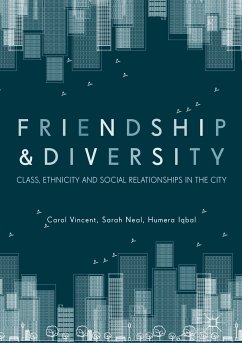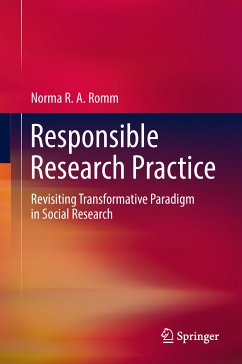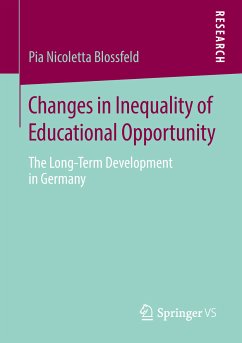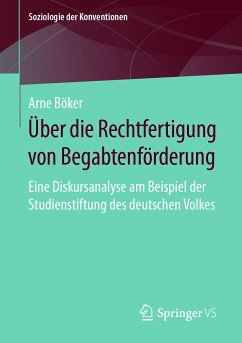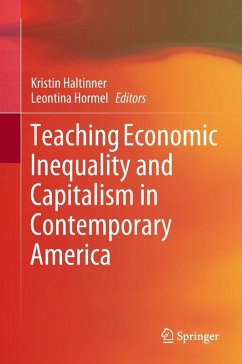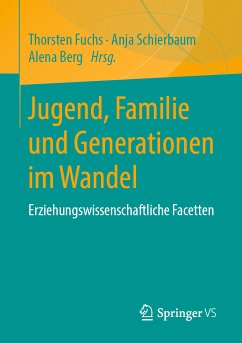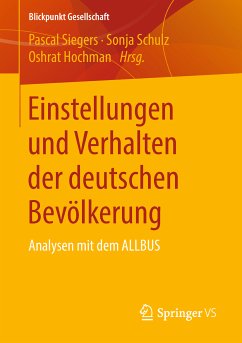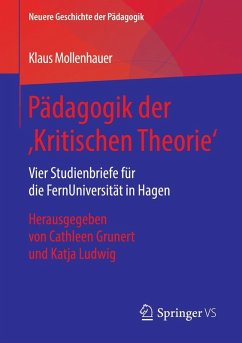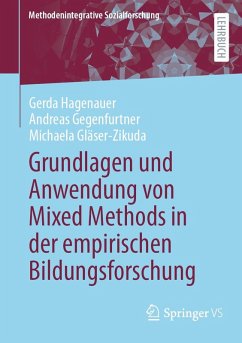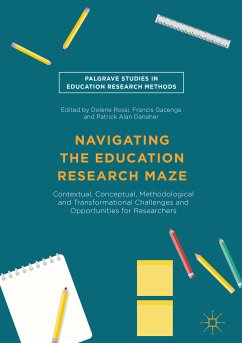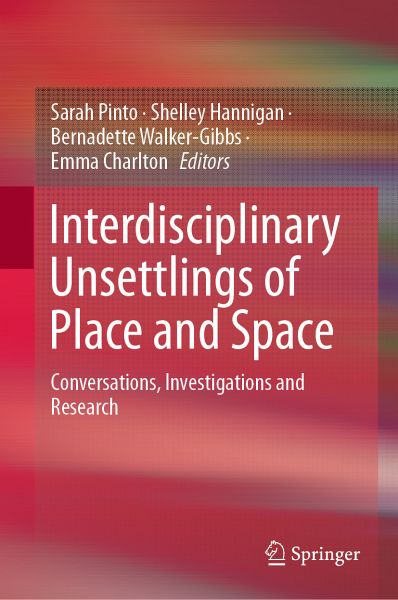
Interdisciplinary Unsettlings of Place and Space (eBook, PDF)
Conversations, Investigations and Research
Redaktion: Pinto, Sarah; Charlton, Emma; Walker-Gibbs, Bernadette; Hannigan, Shelley
Versandkostenfrei!
Sofort per Download lieferbar
72,95 €
inkl. MwSt.
Weitere Ausgaben:

PAYBACK Punkte
36 °P sammeln!
This book brings together researchers from different fields, traditions and perspectives to examine the ways in which place and space might (be) unsettle(d). Researchers from across the humanities and social sciences have been drawn to the study of place and space since the 1970s, and the term 'unsettled' has been an occasional but recurring presence in this body of scholarship. Though it has been used to invoke a range of meanings, from the dangerous to the liberating, the term itself has rarely been at the centre of sustained examination. This collection highlights the idea of the unsettled...
This book brings together researchers from different fields, traditions and perspectives to examine the ways in which place and space might (be) unsettle(d). Researchers from across the humanities and social sciences have been drawn to the study of place and space since the 1970s, and the term 'unsettled' has been an occasional but recurring presence in this body of scholarship. Though it has been used to invoke a range of meanings, from the dangerous to the liberating, the term itself has rarely been at the centre of sustained examination.
This collection highlights the idea of the unsettled in the scholarly investigation of place and space. The respective chapters offer a dialogue between a diverse and eclectic group of researchers, crossing significant disciplinary and interdisciplinary boundaries in the process. The purpose of the collection is to juxtapose a range of different approaches to, and perspectives on, the unsettling of placeand space. In doing so, Interdisciplinary Unsettlings of Place and Space makes an important contribution and offers new insights into how scholarship and research into different fields and practices may help us re-envision place and space.
Dieser Download kann aus rechtlichen Gründen nur mit Rechnungsadresse in A, B, BG, CY, CZ, D, DK, EW, E, FIN, F, GR, HR, H, IRL, I, LT, L, LR, M, NL, PL, P, R, S, SLO, SK ausgeliefert werden.
Alle Preise in Euro und inkl. der gesetzl. MwSt. | Innerhalb Deutschlands liefern wir preisgebundene Bücher versandkostenfrei. Weitere Informationen: bitte hier klicken
Support
Bitte wähle dein Anliegen aus:
Rechnungen
Bestellstatus
Retourenschein
Storno



